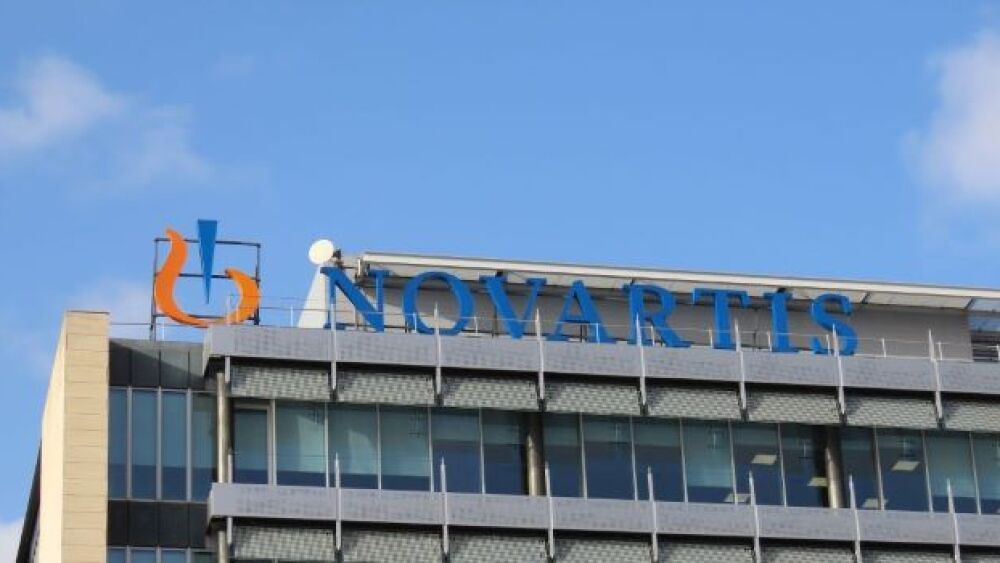The data collected from the cut-off demonstrates that patients can maintain an average of 9.6 months without disease progression after the initial dosage of the tislelizumab-chemotherapy treatment.
Courtesy of Cristina Arias/Getty Images
More than a year of ongoing efforts between Novartis and BeiGene may result in the global regulatory approval of tislelizumab, a humanized monoclonal antibody, in a particular form of head and neck cancer.
An updated analysis has been announced regarding the primary and secondary endpoints of a Phase III trial that was conducted to evaluate the efficacy of tislelizumab in combination with chemotherapy, in patients diagnosed with recurrent or metastatic nasopharyngeal cancer (RM-NPC). Patient follow-ups allowed for additional data collection, suggesting a long-term patient benefit following treatment.
Tislelizumab is an anti-programmed death receptor-1 (PD-1) antibody that enhances a patient’s immune system, enabling the detection and destruction of tumor cells. The antibody reduces the ability of Fc-gamma receptors to bind with macrophages, which downregulates the anti-tumor activity of the PD-1 antibody. The immune-oncologic provides hope to the small proportion of patients diagnosed with the rare form of cancer. According to the American Cancer Society, only 81% percent of patients survive five years post-diagnosis if cancer remains localized. Standard-of-care typically includes radiation, chemotherapy and surgical excision.
The phase III Rationale-309 trial (NCT03924986) is ongoing with an anticipated completion date of June 2022. The study is double-blinded, placebo-controlled and quadruple masked, and included 256 patients with RM-NPC. The primary endpoint measurement solely includes progression-free survival, while secondary endpoints collect information on the participant’s overall survival timeframe, duration of response, overall response rate ratio, progression-free survival after a patient attempts a different treatment and an additional opinion from the study investigator on the participant’s overall progression-free survival.
In September 2021, a data cutoff was placed on the study to begin evaluating potential clinical significance, focusing on progression-free survival, overall survival and disease progression following administration of a next-line therapy. The latter is a unique study addition that allows for research into additional medications that may benefit the patient when given in a sequence.
The data collected from the cut-off demonstrates that patients can maintain an average of 9.6 months without disease progression after the initial dosage of the tislelizumab-chemotherapy treatment. Statistical significance is bolstered when comparing this average against the placebo group, which averaged 7.4 months of progression-free survival. The placebo group was treated with chemotherapy alone.
The study’s principal investigator, Li Zhang, M.D. anticipates drastic changes in how RM-NPC patients are treated.
“In these updated findings from the RATIONALE-309 trial, tislelizumab in combination with chemotherapy continued to demonstrate PFS benefit over chemotherapy in patients with advanced nasopharyngeal carcinoma, while also showing benefit across a range of other survival endpoints. These results continue to support the potential for tislelizumab in combination with chemotherapy as a standard-of-care treatment in first-line RM-NPC,” Zhang said.
Less than a year ago, the China National Medical Products Administration (NMPA) approved a supplemental New Drug Application (sNDA) for the combination treatment of tislelizumab with chemotherapy for eight indications. Novartis is expected to file a marketing application for the treatment with the U.S. Food and Drug Administration. Upon regulatory approval in the U.S., Japan and Europe, Novartis is entitled to all manufacturing and commercialization of tislelizumab.





